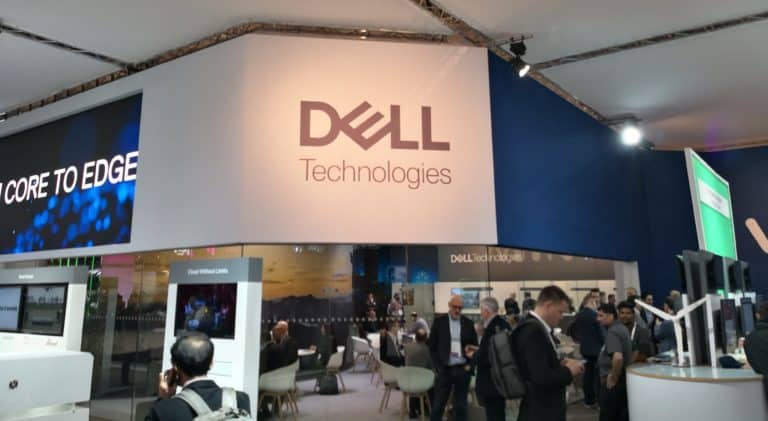Dell’s push into 5G and the edge network just got a massive boost after partnering with the Korean telecom provider SK Telecoms. The partnership is with Dell’s VMware and aims to enhance content delivery and app experiences.
The idea is to eliminate the complex network path between devices and where the data is hosted. To achieve this, they are partnering with an initiative named OneBox MEC, which is known for being a single box multi-edge computing approach.
It is expected to deliver simple, private, and integrated 5G and edge computing. Edge computing is all about data produced by mobile devices, processed closer to the source instead of moving it across long routes to clouds or data centers.
Old vs. new
In the traditional format, the devices collect the data and send it to a cloud or data center for processing. Processing data onsite will reduce traffic to central repositories and lead to lower latency.
The OneBox MEC platform will be based on the Dell EMC PowerEdge XE2420 server. The performance is expected to be high, data-intensive, and low latency at the edge.
While VMware brings in its Telco Cloud Platform, the platform will be built on SK’s existing 5GX MEC software.
The future of 5G
Dell says that latency is a much bigger problem than people realize. In an STL Partners study commissioned by Dell, SK Telecom, Intel, and VMware, it was discovered that 40% of enterprises reported issues with the latency in existing networks.
61% of hospitals reported that in-hospital patient monitoring systems had performance issues, and 45% reported reliability concerns.
Holger Mueller, an analyst from Constellation Research, said that the race to 5G is about telecom providers upgrading their infrastructure to deliver superior performance for 5G devices.
